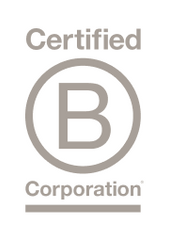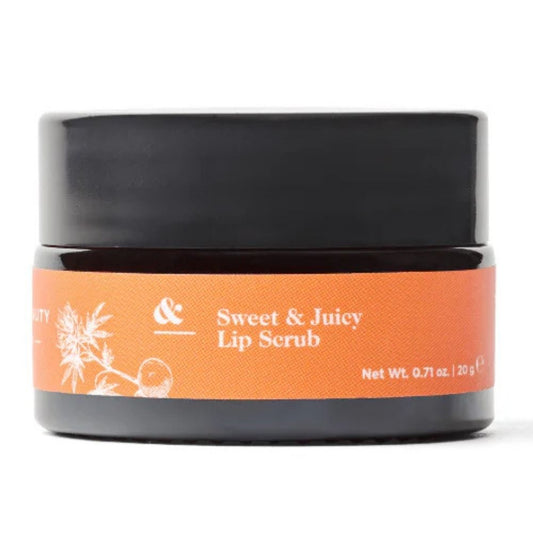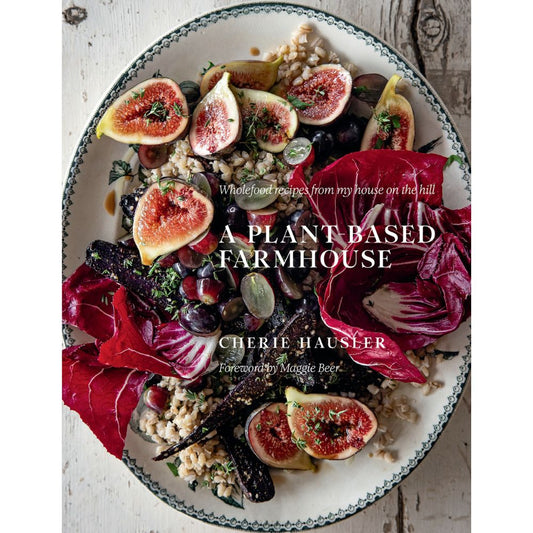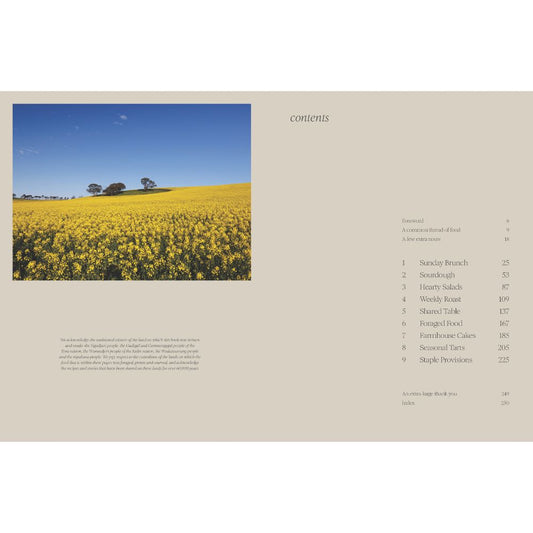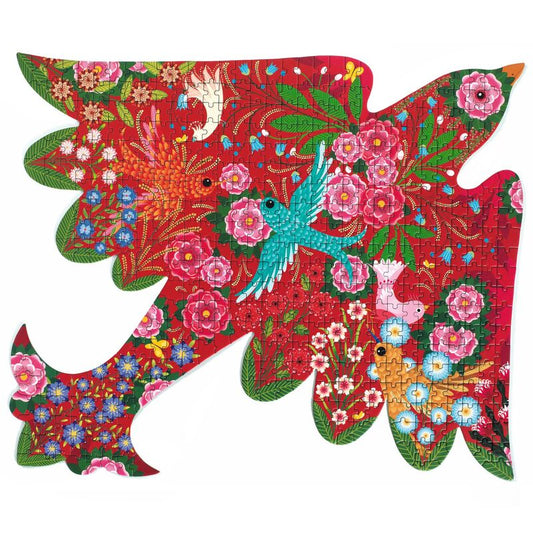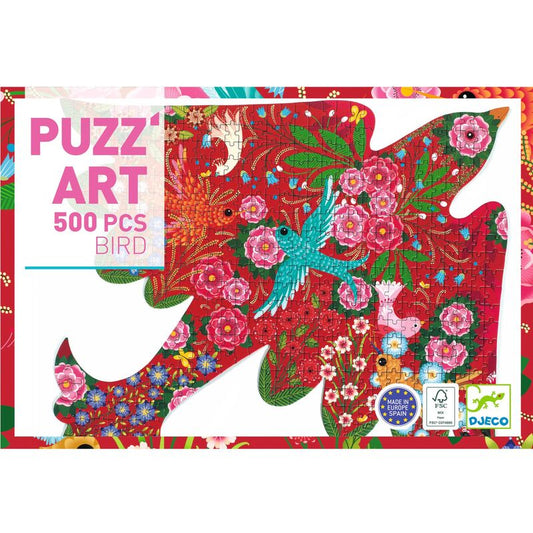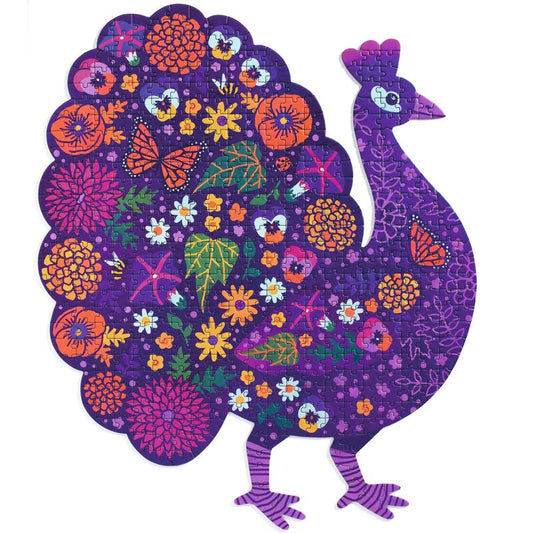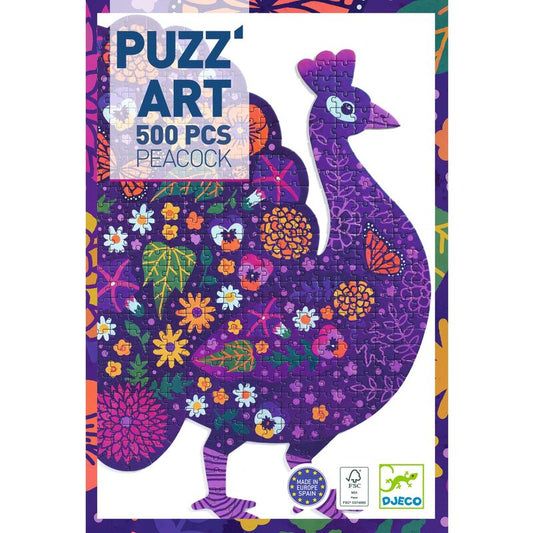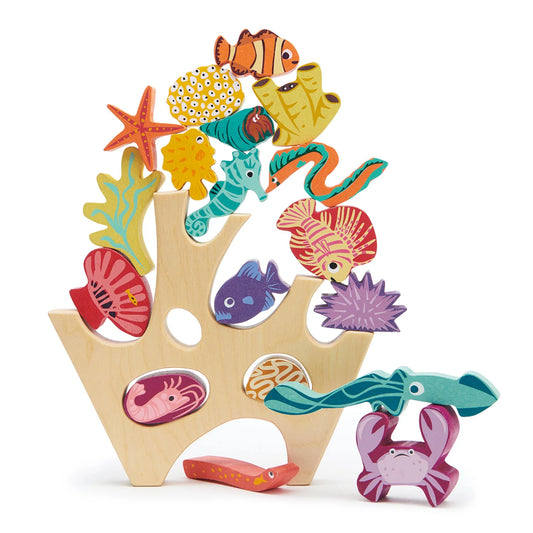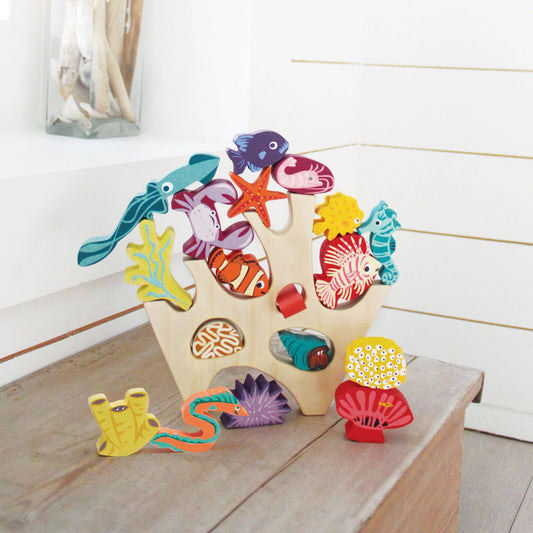Are you on a zero waste journey or trying to reduce the amount of single use plastic you use day to day? While this may seem like a daunting task, it may be easier if you start with simple items you frequently use. So continue reading to learn more about the seven simple things you can start doing right now to help you reduce your waste and start your zero waste journey. If we each committed to just one of the ideas below, collectively we could save tonnes of precious resources and create a healthier environment. You can see the incredible impact Biome customers have already had on the environment here >
Going Zero Waste: 7 Simple Things You Can Do Right Now
1. Swap to a Reusable KeepCup

If you can't take five to sit in for that morning coffee, bring a reusable coffee cup with you to avoid using a single-use disposable one. KeepCup reusable coffee cups are not only a cute alternative to that disposable one, they are healthier too as they are BPA free. And because they come in the standard takeaway coffee cup sizes (16oz, 12oz and 8oz) your barista won't have any issues using them. By using a reusable zero waste coffee cup each day you alone could save hundreds of disposable coffee cups ending up in landfill or our environment each year. In fact, Biome customers have saved over 2.3 million disposable coffee cups from waste and production in the last 12 months! See more about that here > Shop reusable coffee cups >
2. Use a Stainless Steel Straw
While plastic has so many incredibly useful applications, it does not make sense to use it for just a single use when it is so long-lived. If you prefer drinking with a straw, why not replace the single-use plastic straw with a reusable stainless steel straw. Each time you use a reusable stainless steel straw, one less plastic straw ends up in landfill or our oceans, potentially replacing thousands of plastic straws! Such an easy zero waste alternative! Shop reusable straws >
3. Opt for Reusable Beeswax Wraps, Food Covers & Sandwich Pouches
The amount of plastic produced between 2000 and 2010 exceeded the amount of plastic produced during the entire last century[ii]. Do you really need to wrap your sandwich in cling wrap or a zip-lock bag every day, when that plastic is only going to be thrown out soon after you have eaten your lunch? A reusable sandwich bag, such as a Lunchskin is not only a cute alternative to cling wrap or zip-lock bags, but they may reduce the risk of a sea turtle ingesting a plastic bag in the future. Zero waste beeswax or vegan wax wraps, like these, are also handy for wrapping up your lunch or storing leftovers. Shop food wraps and covers >
4. Use Reusable Cutlery

The production and disposal of plastic contributes to an array of environmental problems. For example, animals often mistake plastic debris for food, ingesting it and absorbing the chemicals it is made up of. An easy way to reduce the amount of plastic debris that ends up in landfill and our environment is to add reusable cutlery to your reusable kit. Our neat cutlery set (pictured) includes a bamboo fork, knife and spoon, stainless steel straw, straw cleaner, organic cotton napkin and a handy carry bag.Shop all reusable cutlery >
5. Remember Your Reusable Produce Bags

You could let your veggies mingle and get to know each other in the trolley but for bulk items, like lots of potatoes or onions, a produce bag does come in handy. How about filling a reusable produce bag instead of a single-use plastic bag. A reusable produce bag is a great way to reduce the number of plastic bags that are thrown away immediately after returning home from the supermarket. Being light weight, they are suitable for the scales, and will help you in your quest to use less single-use plastic over time. Shop reusable produce bags >
6. Take A Reusable Shopping Bag
Plastic bags are not biodegradable, they spoil the landscape, they fly off into our oceans, and animals such as sea turtles mistake them for food and eat them. In fact, plastics, including plastic shopping bags, comprise up to 90% of floating marine debris[iii]. By using a reusable shopping bag, you can help reduce the amount of plastic bags that end up in landfill or in our oceans each year. Shop reusable shopping bags >
7. Swap to a Reusable Water Bottle

Of the top 10 items collected in the 2016 Ocean Conservancy Coastal Cleanup, coming in at number two was plastic beverage bottles with over 1,024,000 collected by volunteers across the world[iv]. We can all become involved in the solution to this problem. By using your own drink bottle, such as one from Klean Kanteen, you can reduce single-use plastic consumption considerably.
Plastic Free July
Plastic Free July aims to raise awareness of the amount of plastic in our lives by encouraging people to reduce or eliminate the use of single-use plastic during July each year. A local government in Western Australia started the Plastic Free July initiative in 2011, and it has since been embraced by individuals, schools and businesses all around the world. Visit www.biome.com.au for more great plastic-free ideas.

